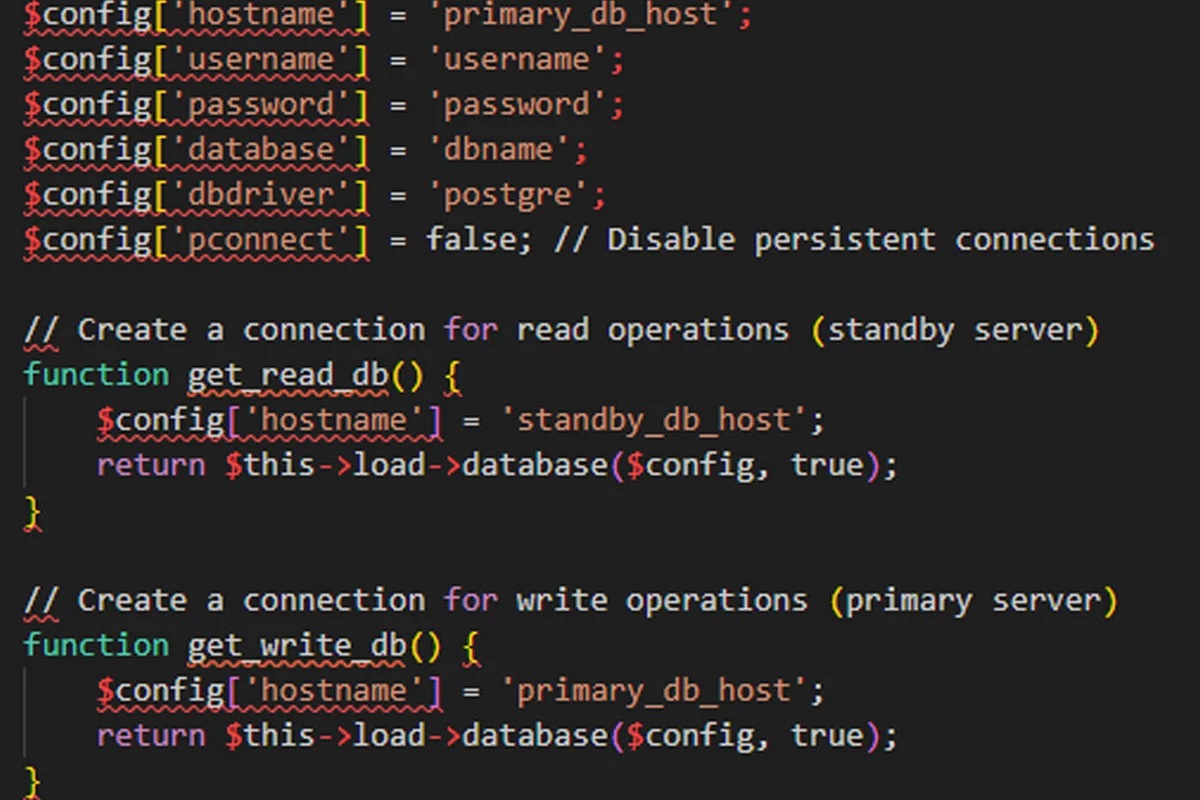The New Era of AI in 2025: From Gemini 3 to Creative AIs
Learn about the best AI tools for 2025, including Nano...
We use cookies for our website to give you the most relevant experience by remembering your preferences. By clicking “accept”, you consent to use of ALL the cookies
This website uses cookies to improve your experience while you navigate through the website. Out of these, the cookies that are categorized as necessary are stored on your browser as they are essential for the working of basic functionalities of the website. We also use third-party cookies that help us analyze and understand how you use this website. These cookies will be stored in your browser only with your consent. You also have the option to opt-out of these cookies. But opting out of some of these cookies may affect your browsing experience.
Necessary cookies are absolutely essential for the website to function properly. These cookies ensure basic functionalities and security features of the website, anonymously.
| Cookie | Duration | Description |
|---|---|---|
| cookielawinfo-checkbox-functional | 11 months | This cookie is set by GDPR Cookie Consent plugin. The cookie is used to store the user consent for the cookies in the category “Analytics”. |
| cookielawinfo-checkbox-functional | 11 months | The cookie is set by GDPR cookie consent to record the user consent for the cookies in the category “Functional”. |
| cookielawinfo-checkbox-necessary | 11 months | This cookie is set by GDPR Cookie Consent plugin. The cookies is used to store the user consent for the cookies in the category “Necessary”. |
| cookielawinfo-checkbox-others | 11 months | This cookie is set by GDPR Cookie Consent plugin. The cookie is used to store the user consent for the cookies in the category “Other. |
| cookielawinfo-checkbox-performance | 11 months | This cookie is set by GDPR Cookie Consent plugin. The cookie is used to store the user consent for the cookies in the category “Performance”. |
| viewed_cookie_policy | 11 months | The cookie is set by the GDPR Cookie Consent plugin and is used to store whether or not user has consented to the use of cookies. It does not store any personal data. |
Functional cookies help to perform certain functionalities like sharing the content of the website on social media platforms, collect feedbacks, and other third-party features.
Performance cookies are used to understand and analyze the key performance indexes of the website which helps in delivering a better user experience for the visitors.
Analytical cookies are used to understand how visitors interact with the website. These cookies help provide information on metrics the number of visitors, bounce rate, traffic source, etc.
Advertisement cookies are used to provide visitors with relevant ads and marketing campaigns. These cookies track visitors across websites and collect information to provide customized ads.
Other uncategorized cookies are those that are being analyzed and have not been classified into a category as yet.
Cyberia Tech, Inc. respects your privacy. This Privacy Policy explains how we collect, use, and share your information. By using our services, you agree to this policy. If any other agreements conflict with this Privacy Policy, the terms of those agreements prevail.
Cyberia Tech complies with the EU-US and Swiss-US Privacy Shield Frameworks for handling personal data from the EEA, UK, and Switzerland. In case of any conflict, the Privacy Shield Principles prevail. Learn more at Privacy Shield. Key Definitions
Information linked to an individual, transferred from the EEA, UK, or Switzerland to the U.S.
Data revealing race, religion, health, sexual orientation, and similar categories.
Effective Date: [ 2026 / 02 / 28 ]
Welcome to The Cyberia Tech ! By accessing or using our website or services, you agree to
comply with and be bound by these Terms of Use and our Privacy Policy. If you do not agree with
these terms, please do not use our Services.
Loading
0 %

When somebody talks about CodeIgniter PostgreSQL, it is likely referring to using CodeIgniter as the PHP framework for developing web applications that interact with a PostgreSQL database. Programmers use CodeIgniter (which is a PHP framework) to create web applications.
PostgreSQL is a powerful open-source relational database management system (RDBMS). In the upcoming sections, we’ll describe CodeIgniter and PostgreSQL separately and then talk about how these two kings cooperate.
Any developer can use it to create online applications because it includes various features that allow for creating interactive web apps. Programmers often rely on it when they want to create dynamic websites in a short amount of time. And there’s a good reason for that – it’s straightforward to work with.
PostgreSQL, often called “Postgres,” is an advanced, open-source, object-relational DataBase Management System (DBMS).
Here are some reasons that encourage you to use PostgreSQL:
CodeIgniter, by itself, doesn’t provide built-in support for database replication. However, you can implement database replication in a CodeIgniter application using different methods, including PostgreSQL. Here’s an overview of how to set up database replication with PostgreSQL and CodeIgniter:
You’ll need to configure streaming replication between your primary and standby servers. This usually involves setting up replication slots and configuring the primary and standby PostgreSQL.conf and pg_hba.conf files.
Take a look at the following example:

In your code, you can call get_read_db() for read operations and get_write_db() for write ones.
Setting up Codeigniter PostgreSQL replication and managing multiple database connections can be hard to understand, and you need to know the limits of your program before you start using it.
Does CodeIgniter support PostgreSQL?
As gitlab.wm.edu mentioned, Codeigniter support Postgresql, MySQL, MySQLi and more.
PostgreSQL performs read-write operations, complex queries, and large datasets faster. However, MySQL is renowned for being quicker for read-only
As the digital landscape evolves, developers are under pressure to quickly deliver efficient and scalable web solutions. In 2024, CodeIgniter, a powerful PHP framework, excels in facilitating rapid development without sacrificing functionality or performance.
Ultimately, CodeIgniter and PostgreSQL provide an unparalleled web application development base. Developers may use this dynamic pair to create a safe, high-performance, flexible ecosystem. This cooperation uses the CodeIgniter framework and PostgreSQL database system to build strong and scalable web apps. It will help your site development succeed in a changing digital world.
If you have any questions, please don’t hesitate to leave a comment below. Contact us if you need help with your web application project.
You Can Get More Information!
